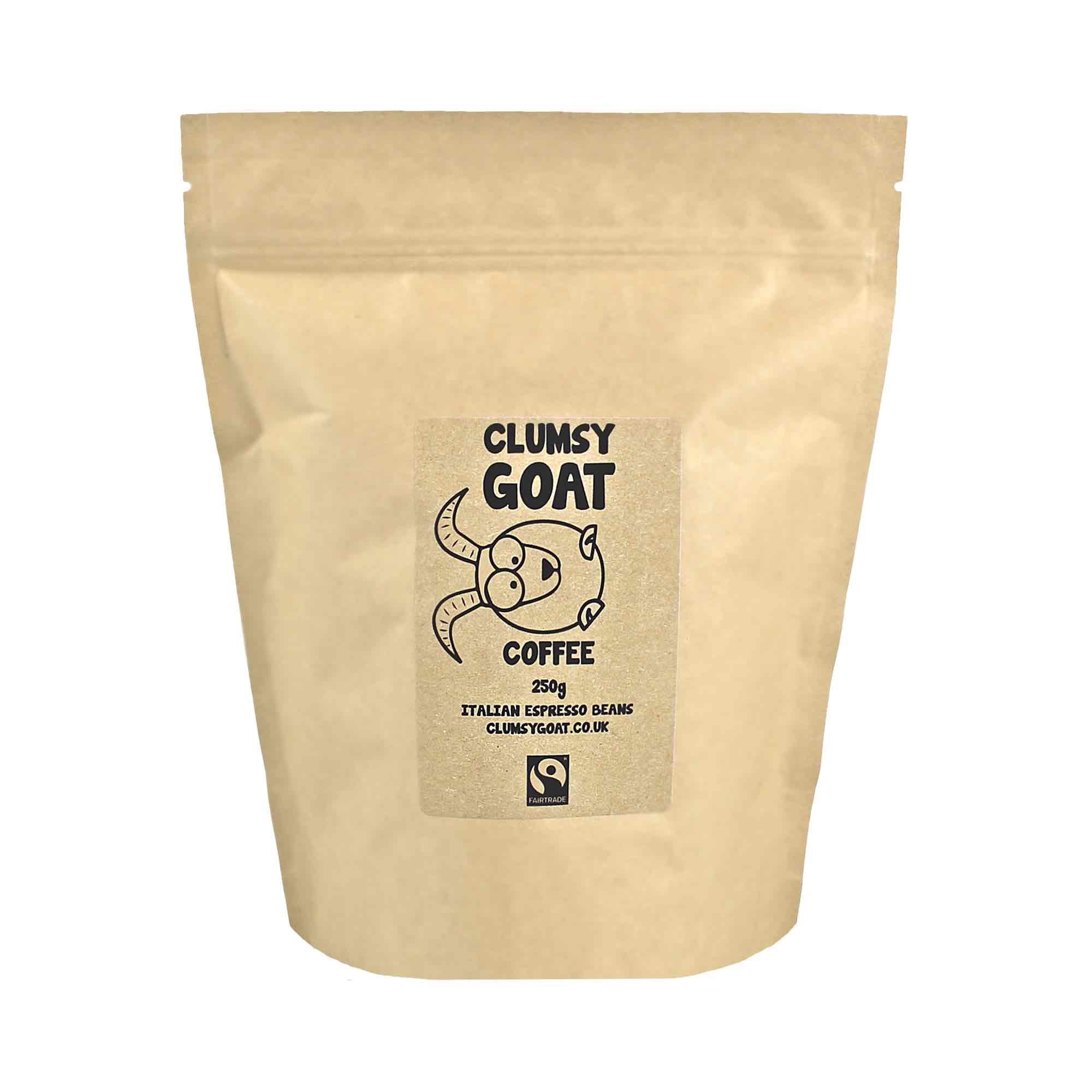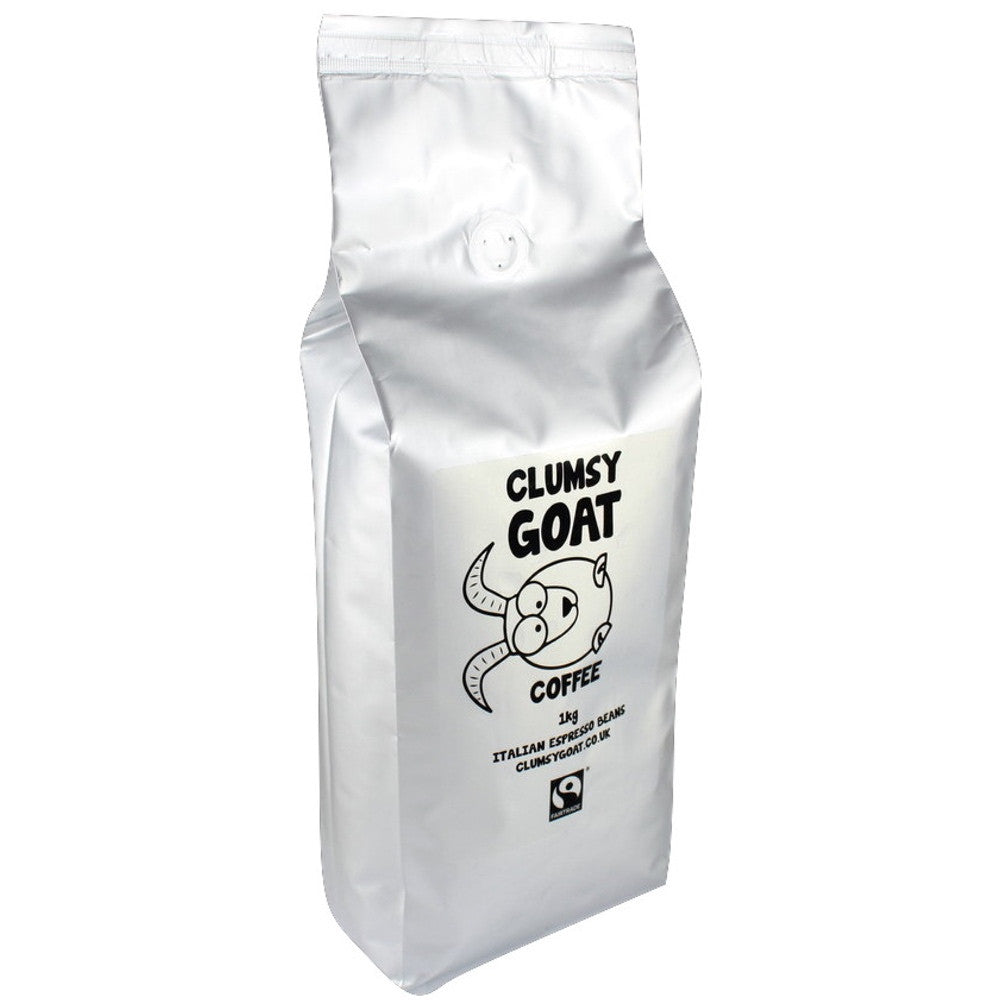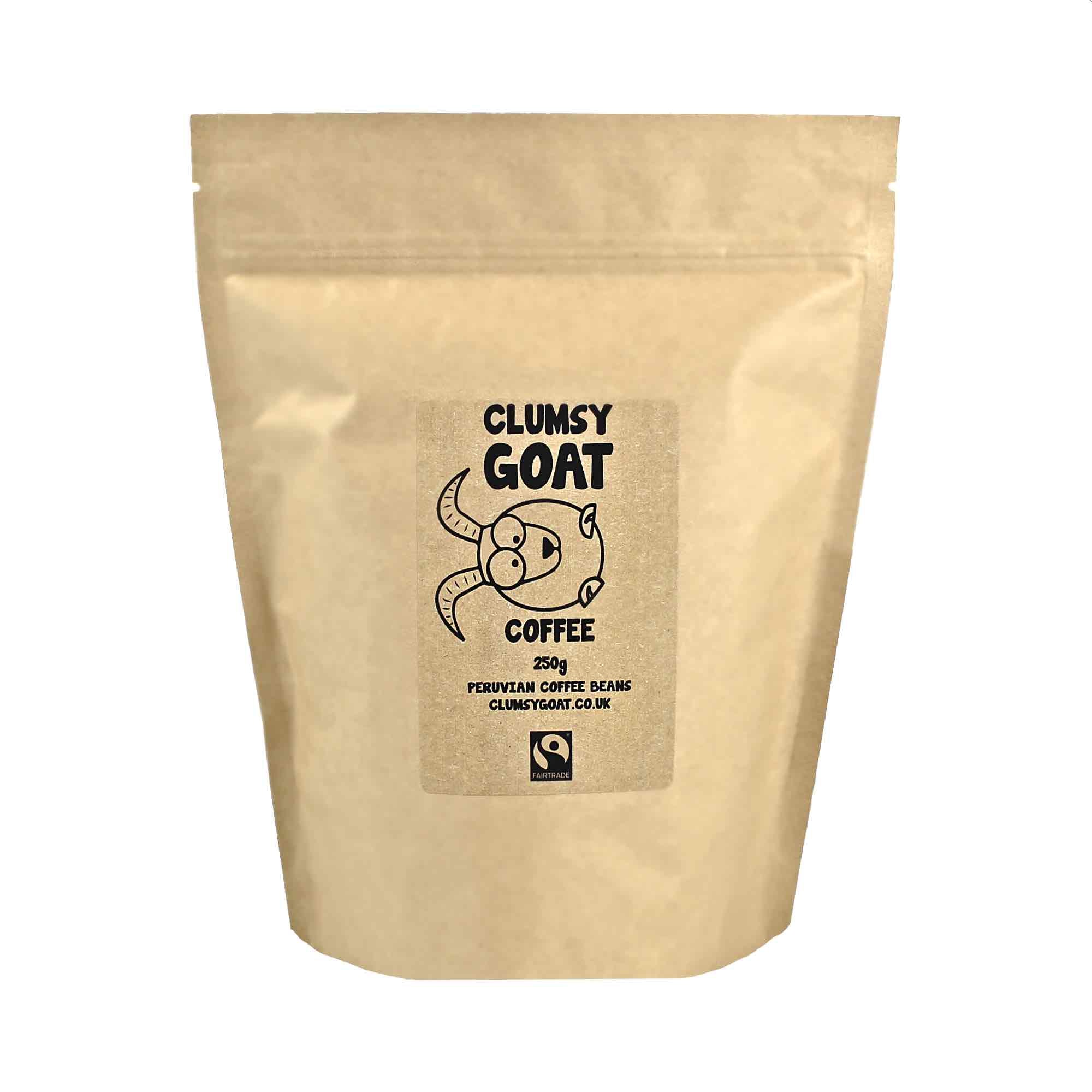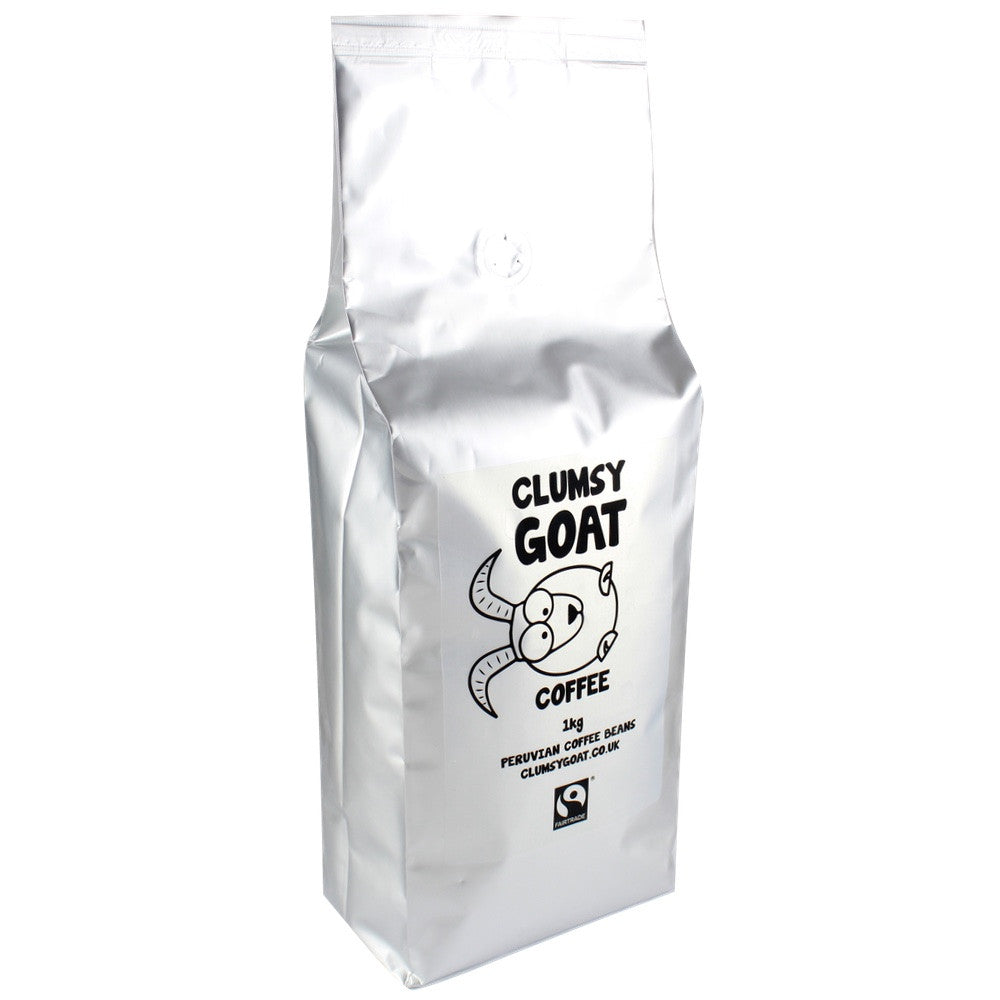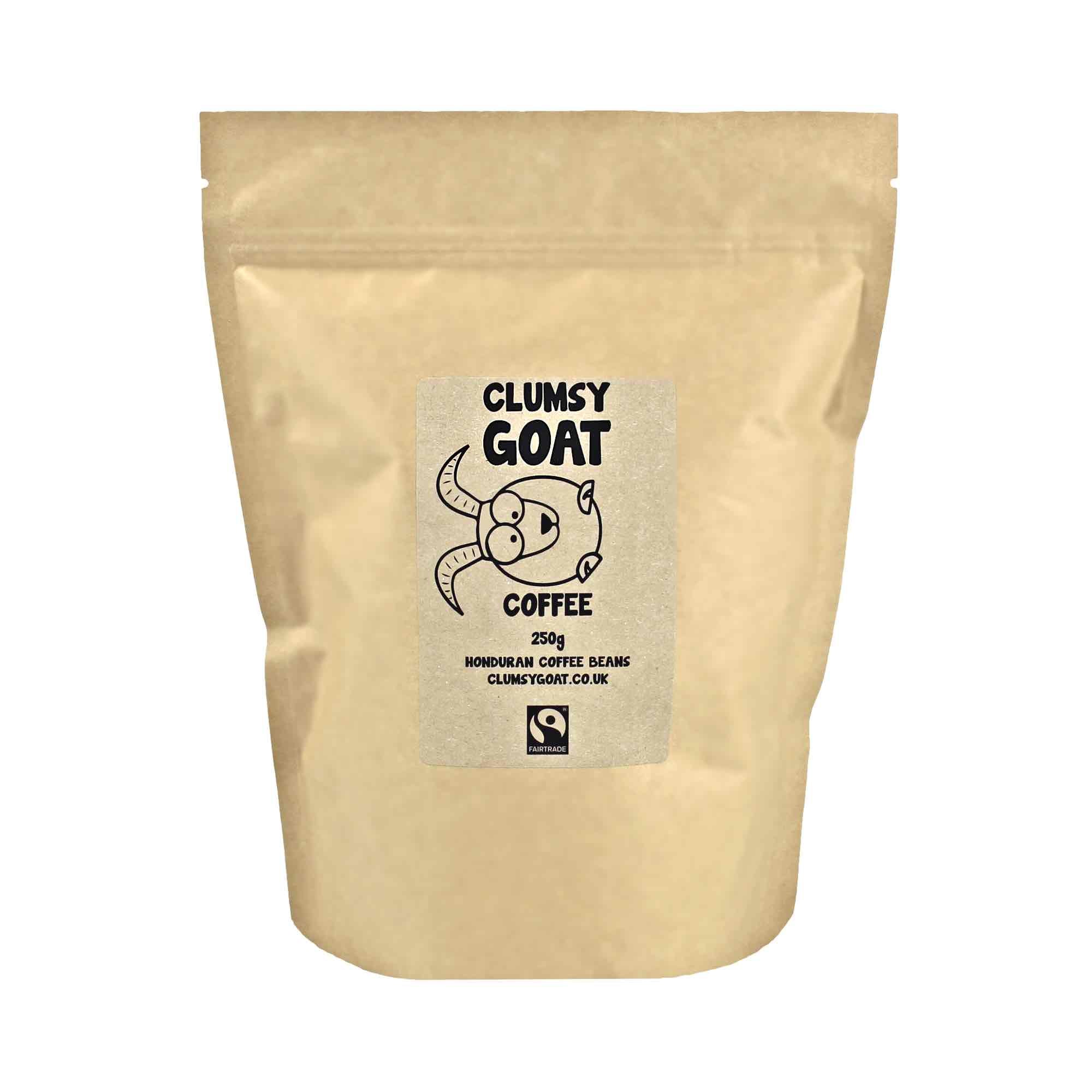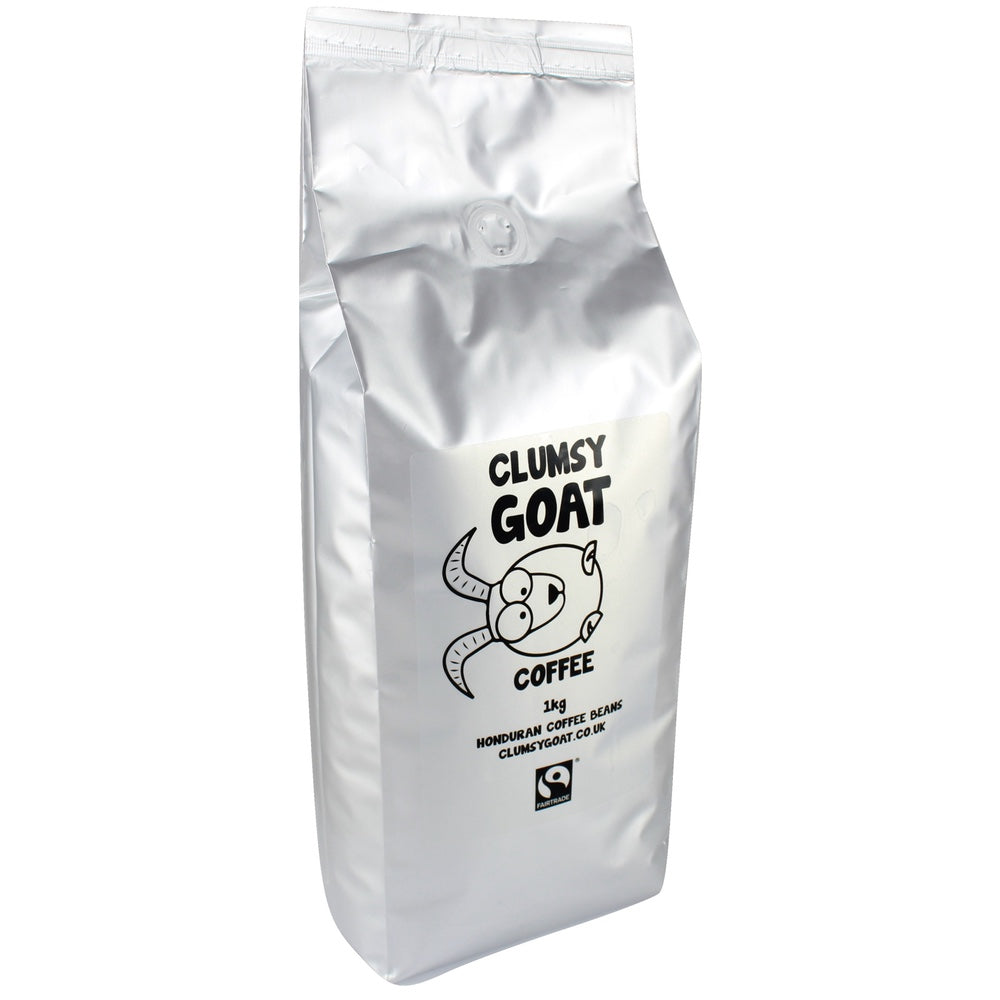It seems hard to imagine a time when milk wasn’t added to coffee. Whilst some people believe that the two were carefully designed by a higher being to co-exist, others would argue that such a sin is worthy of the death penalty. Despite our personal preferences, we can’t deny the fact that in most coffee shops many of the drinks served often contain more milk than coffee itself. With this is mind, perhaps we could benefit from dedicating a greater level of care and attention to the milk we’re using.
Today we’ll consider the importance of the type, origin, flavour and fat content of milk, and hopefully bring you closer to that perfect brew!
Coffee is naturally acidic, and not surprisingly our stomachs aren’t always so tolerant of acidity. Aside from lining the stomach to counter the mild effects coffee can sometimes have, the presence of milk also provides us with a touch of nutrition. The health conscious amongst us will already know that milk is a great source of calcium and vitamin D.
What kind of milk should you choose?
The first thing to consider is the type of milk. Cow’s milk seems like the most obvious answer but there’s real fun to be had with a bit of experimenting. Whereas cow’s milk can provide a subtle texture and sweetness, adding goat’s milk can add a refreshing tang, similar to that you might taste in Greek yoghurt. If you’re feeling adventurous we recommend trying this with a medium roast, as opposed to a light or dark roast.
We understand that not everyone’s a fan of consuming animal products. If soy milk’s your go to mixer, try swapping it for coconut milk and see how you like it. Be careful not to add too much coconut milk, as its rich flavour means it can be easy to overpower the taste of the coffee.
Full fat or skimmed?
Whilst browsing the milk isle, you’ll notice a wide selection of milks with varying levels of fat content. From no fat to full fat (cream) and everything in between it’s hard to know which will complement your coffee best. As you’ll know, fat isn’t exactly popular at the moment, so it’s rather unfortunate that fat is what gives milk its thick and creamy consistency and taste.
Whole milk works a treat! Containing around 4% fat, it offers texture and richness without feeling too heavy. If you like frothed milk but don’t have the equipment to froth at home, adding whole milk can offer a similar experience. However, if you tend to knock them back and you’re particularly health conscious, a nice compromise is reduced fat milk.
Skimmed milk that contains no fat might not add much in the way of flavour or consistency, but it can be great for balancing bright, acidic coffee without overpowering its unique flavours. This can sometimes work well with single-origin coffees that have delicate tasting notes.
It’s easy to see that the type of milk that’s likely to add, rather than detract from your cuppa can really depend on the flavour of the coffee itself. This is why we recommend experimenting with some different types to find a balance of flavour that’s right for you.
Picking the right beans..
If you’re looking for a coffee that’s perfect with milk we recommend trying our very own Honduran roast. Comprised exclusively of 100% Arabica beans, this Fairtrade roast is well-rounded with creamy undertones. Subtle notes of nuttiness and hints of caramel make for a moreish combination of flavours, which develop further with milk. Click here to learn more.
If you’d like to learn more about our story so far or you’re interested in browsing our full range of coffee then please don’t be shy! Click here to land on our homepage where you’ll find everything you need to know. We look forward to seeing you!





